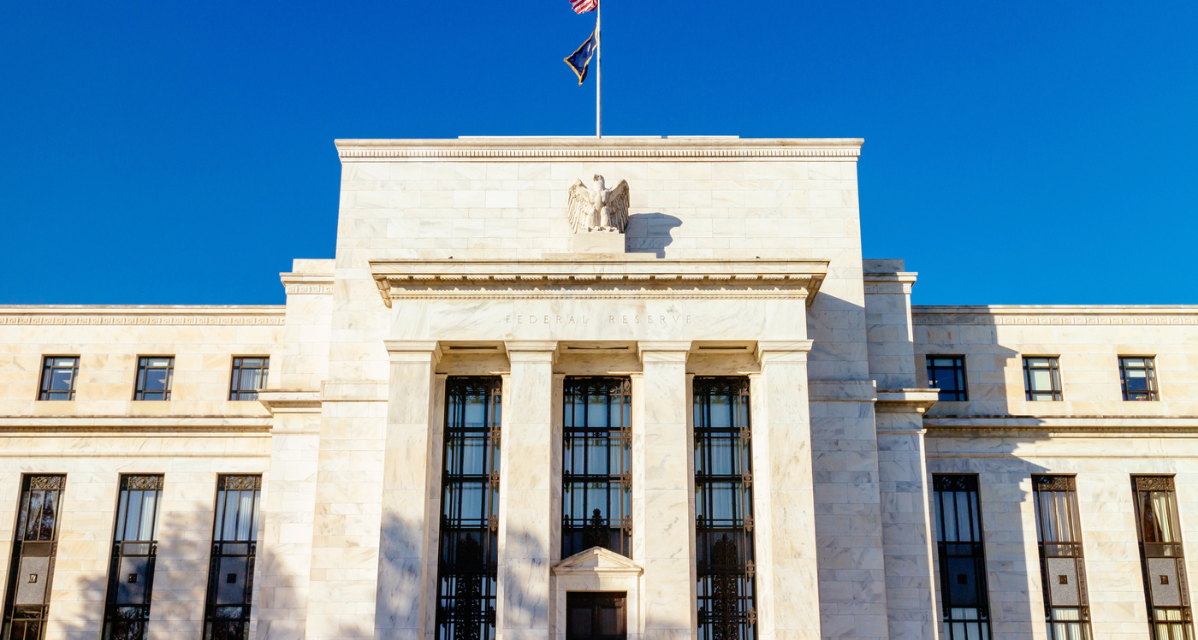Will the US Federal Reserve Pivot?

At the close of business last Friday, global equities rose on the week, reversing sharp losses posted after hotter-than-expected United States inflation data. The yield on the US 10-year note rose to 4.02% from 3.89% last Friday. The price of a barrel of West Texas Intermediate crude oil slipped to $86.25 from $90.15. Volatility, as measured by the Cboe Volatility Index (VIX), edged up to 32.5 from a week ago at 31.5.
MACRO NEWS
There is mounting pressure on the Federal Reserve in the US to halt further rate hikes. The aggressive tightening has resulted in a substantial increase in the value of the US dollar against most currencies globally. As the US currency is the reserve currency of the world, it means virtually every other economy globally is dealing with increased costs for much of what they import and servicing their debt. An announcement by the Federal Reserve to say that they will pivot to a holding pattern on interest rates will serve to continue to bring inflation down over the next year and engineer a soft landing for the US economy. In addition, a pivot will probably ignite a rally in the stock market which is deeply oversold at this point.
Despite recent bouts of intervention initiated by Japanese authorities to support the yen, the currency weakened to a 32-year low of 144.49 against the dollar shortly after the release of US CPI data on Thursday. Earlier in the day, Bank of Japan Governor Haruhiko Kuroda vowed to maintain super-easy monetary policy despite widening global interest rate differentials.
After mounting losses on the battlefields of Ukraine, Russian officials signalled they are open to negotiations with the West. On Thursday, the Kremlin said the goals of its “special military operation” in Ukraine are unchanged but can be achieved through negotiations. Russian Foreign Minister Sergei Lavrov said Thursday that his country is willing to consider serious proposals. In recent days, in the wake of an attack on a bridge connecting Russia and Crimea, Russia has launched missile and drone attacks on civilian and infrastructure targets throughout Ukraine. On Friday, Russian President Vladimir Putin said a clash with NATO forces would be catastrophic and that there is no need for the call-up of additional reservists in the near term, adding that no further mass strikes on Ukraine are planned.
CANADIAN ECONOMIC NEWS
Our Bank of Canada has raised rates aggressively to bring inflation down, and it appears to be working.
In a recent interview, the head of our central bank said they are not done yet. Our sense is that they have actually done enough and we believe inflation numbers will continue to drop from current levels as this year progresses and into 2023. My concern is that if the bank continues to raise rates aggressively, it will probably force Canada into a recession, so our hope is that the next increase will be moderate.
US ECONOMIC NEWS
US retail sales data were mixed on Friday, with the headline figure unchanged in September from August, but core retail sales, which strip out the sales of things such as autos, gasoline, and building materials, rose a solid 0.4%. The pace of nominal sales growth is less than the rate of inflation, so will be welcomed by the Fed.
EUROPEAN ECONOMIC NEWS
Extreme volatility returned to the market for long-dated gilt-edged securities this week as the Bank of England made clear it would wind up its temporary bond market support program on Friday, as scheduled. Soaring interest rates pressured the government of Prime Minister Liz Truss into abandoning additional pillars of her tax-cutting and deregulation agenda amid a revolt within her Conservative Party. Last week, Truss jettisoned the unpopular cut in the United Kingdom’s top tax rate to 40% from 45%, and on Friday she reversed a plan to cancel Boris Johnson’s corporate tax hike slated for April, which will raise the rate from 19% to 25%. Early on Friday afternoon, as part of the policy reversal, the embattled Truss asked for the resignation of Chancellor of the Exchequer Kwasi Kwarteng and replaced him with former Foreign Minister Jeremy Hunt. Truss addressed the media on Friday afternoon in London, saying spending will grow less than previously planned but that Hunt will “drive our mission to go for growth.” The yield on the 30-year gilt eased to 4.55% on Friday morning after reaching a high of 5.08% on Wednesday, though yields rose after Truss unveiled her updated plan.
Germany has indicated it may back the idea of the joint issuance of European Union debt to cushion the impact of the energy crisis. The proceeds of the bond sales by the highly-rated EU would then be distributed to lower-rated countries as loans instead of grants. In 2020, a similar scheme saw bond proceeds divvied out as both grants and low-interest loans.
JAPAN, CHINA and EMERGING MARKETS ECONOMIC NEWS
The administration of US President Joe Biden late last week issued a sweeping set of controls cutting off the export to China of semiconductors made with US equipment.
BRAND NEWS
“I want to help the people who have trusted me with their hard-earned savings.” We’d say that’s a pretty good reason to believe in us, as Mike’s pointed out in his YouTube bio . Wouldn’t you agree?
Another reason to believe—and how we came up with our Total Package Planning™ name—is because our clients celebrate us as “the total package” in terms of knowledge, communication, integrity, and results. And above all (we are very humbled to say), they deeply trust us.
This is what brings us so much pride in Meeting Four of Total Package Planning™ – discussing how we will implement the best possible plan to reach your objectives.
Got a change of objectives on the mind? We are always more than happy, and willing to help—and we’re only a phone call or email away.
#HereYourDreamsAreSafe
#TotalPackagePlanning

